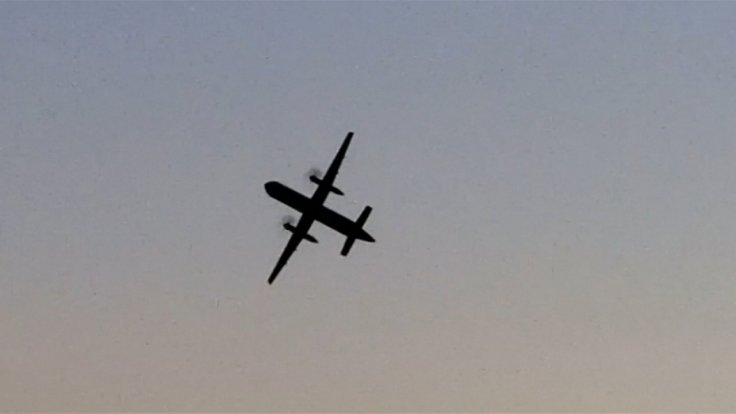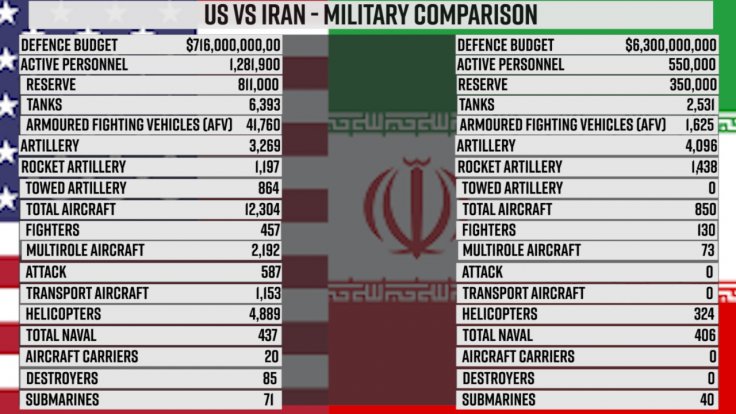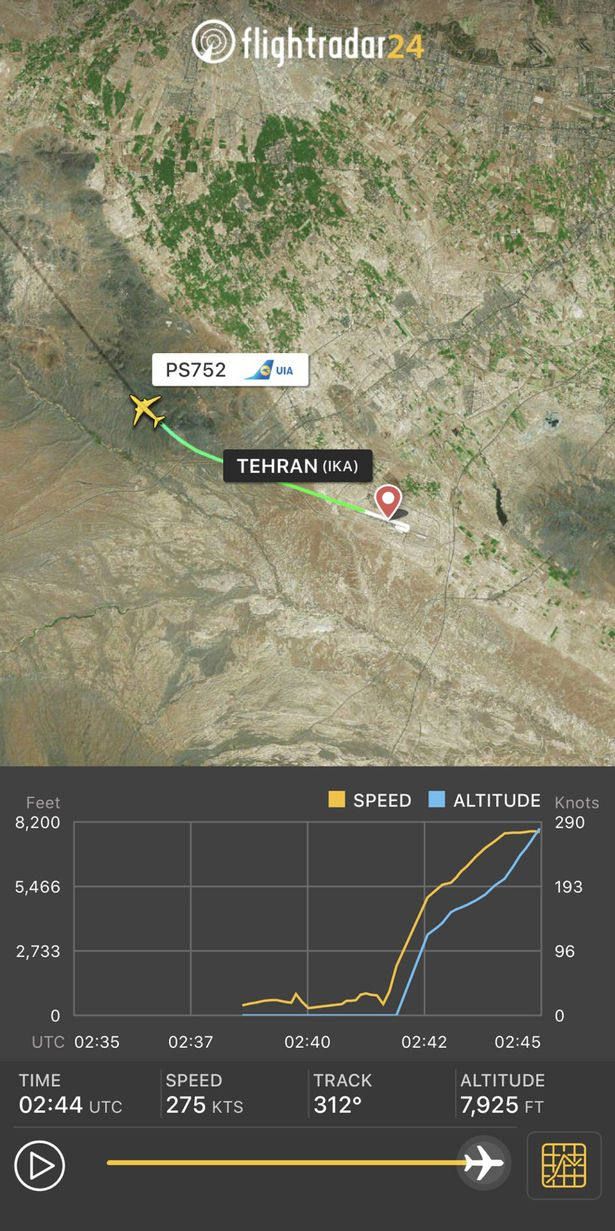Amidst the rising tension between Iran and the USA, several airlines have cancelled or diverted their flights over the Iranian airspace, leading to an international crisis. The move comes hours after Iran targeted two US army bases, Ain al-Asad airbase in western Iraq and Erbil base in Iraqi Kurdistan in Iraq, by launching a volley of missiles, early on Wednesday morning.
Called 'Martyr Soleimani', the missile attack by Iran's Revolutionary Guards was conducted hours after the funeral of top Quds Force commander Qsem Soleimani, who was killed by the US drone strike in Baghdad last week.
US place restrictions on Gulf airspace

Moments later, the US Federal Aviation Administration (FAA) issued emergency restrictions for the Gulf airspace, in view of the escalating US-Iran tension. The FAA has stopped the US pilots and carriers from carrying out flight operations in Iraqi, Iranian and some Persian Gulf airspace.
In a statement issued to the airmen, FAA said that restrictions were being issued due to "heightened military activities and increased political tensions in the Middle East, which present an inadvertent risk to US civil aviation operations."
It outlined restrictions that prohibit US civil aviation operators from operating in the airspace over Iraq, Iran, and the waters of the Persian Gulf and the Gulf of Oman. The agency while warning about the "potential for miscalculation or misidentification" for civilian aircraft asked the aviation authorities to alert aircraft pilots of potential hazards along a flight route or at a location that could affect the safety of the flight.
"The FAA will continue closely monitoring events in the Middle East. We continue coordinating with our national security partners and sharing information with US air carriers and foreign civil aviation authorities," added the statement.
Airlines cancel and reroute their flights

Hours after Iran's attack, a Ukrainian passenger plane with 176 people on board, came crashing down within minutes of its take off from Iran's Imam Khomeini Airport, in Tehran. The plane turned into a ball of fire, mid-air following a technical snag. Several airlines including Singapore Airlines, China Airlines, and Malaysia Airlines issued statements that they are avoiding the Iranian airspace.
In a statement, Singapore Airlines said: "In view of the latest developments in the region, all SIA flights in and out of Europe are diverted from the Iranian airspace. We are monitoring the situation closely and will make the appropriate adjustments to our routes if necessary." The carrier regularly flies to more than 10 European cities, including London, Paris, Frankfurt and Barcelona, besides Istanbul.
Taiwanese airline, EVA Air and Malaysia Airlines are also avoiding their flights over Iran airspace.
Emirates, Dubai- Based airline, and its counterpart flydubai, immediately cancelled their flights to Baghdad. "We are carefully monitoring the developments and are in close contact with the relevant government authorities with regards to our flight operations, and will make further operational changes if required," Emirates said in its statement.
Taiwan's largest carrier, China Airlines also said it will not fly over Iran or Iraq due to regional tensions and would continue to monitor the situation and adjust routes accordingly.
According to Reuters, Australia's Qantas said that it was adjusting flight paths in the Middle East to avoid airspace over Iran and Iraq. Transport Canada said that Air Canada has also changed its routes over the changing scenario. It said: "Air Canada, the only Canadian air carrier that operates in the region covered by the FAA NOTAM, has altered its routes to ensure the security of its flights into and over the Middle East. Transport Canada is in close contact with the FAA."
Meanwhile, Korean Air Lines Co Ltd and Thai Airways said that they were already avoiding the Iran and Iraq airspace.
International agencies on a lookout

With the majority of Asian airliners cancelling or rerouting their flights over the disputed airspace, the international aviation watchdogs have also sprung into action. In a statement issued by the OPSGROUP, which advises airlines on security, termed the airspace bans imposed by the US to be significant. "Flights headed to/from the main airports in the region such as Dubai will now need to route through Saudi Arabia's airspace," it added.
The International Air Transport Association (IATA), a trade association of the world's airlines, said: "An international aviation team has been activated to support effective coordination and communication between airlines and countries as tensions mount in the Middle East after a U.S. drone strike killed an Iranian military commander. It is critical that states live up to this obligation as tensions in the Middle East rise."
"The coordination team operated by IATA and the International Civil Aviation Organization (ICAO) was activated as a standard precautionary measure," it said in its statement.
The Indian Ministry of External Affairs has issued a travel advisory, asking its citizens to avoid non-essential travel to Iraq. In a statement issued by MEA spokesperson Raveesh Kumar, the ministry said: "In view of the prevailing situation in Iraq, Indian nationals are advised to avoid all non-essential travel to Iraq until further notification."









